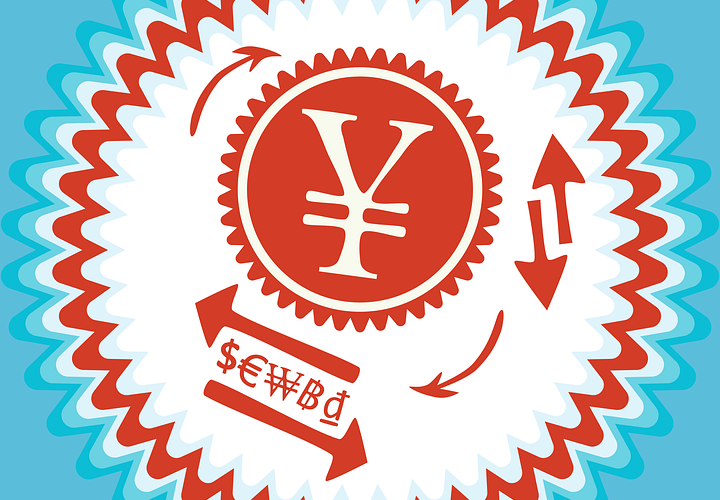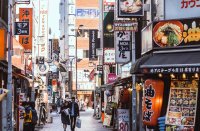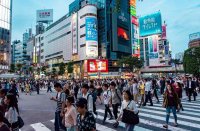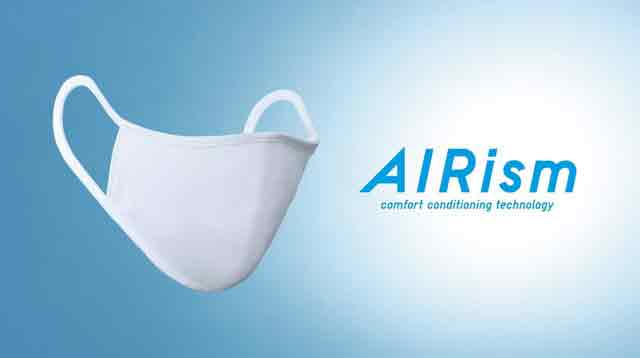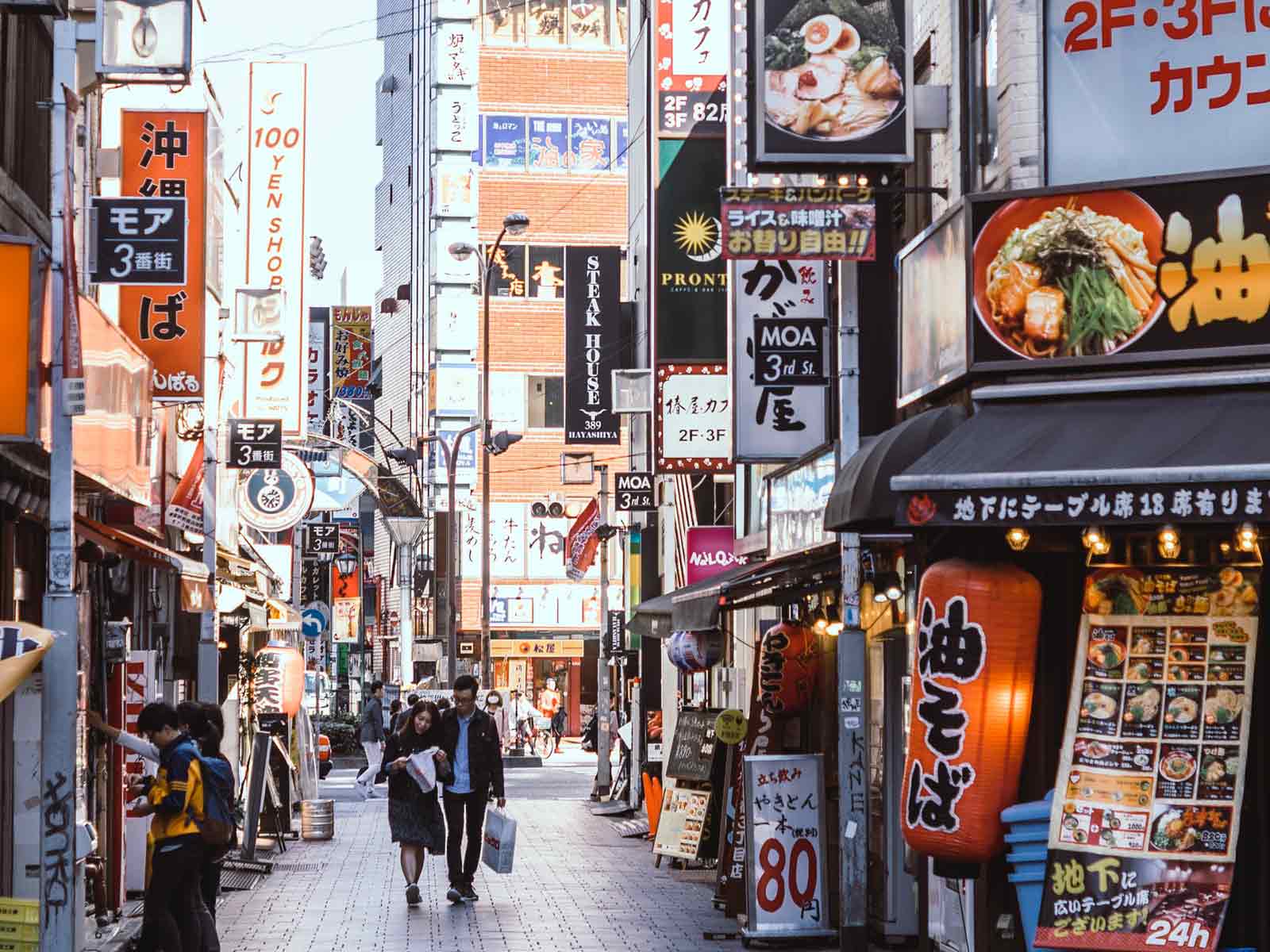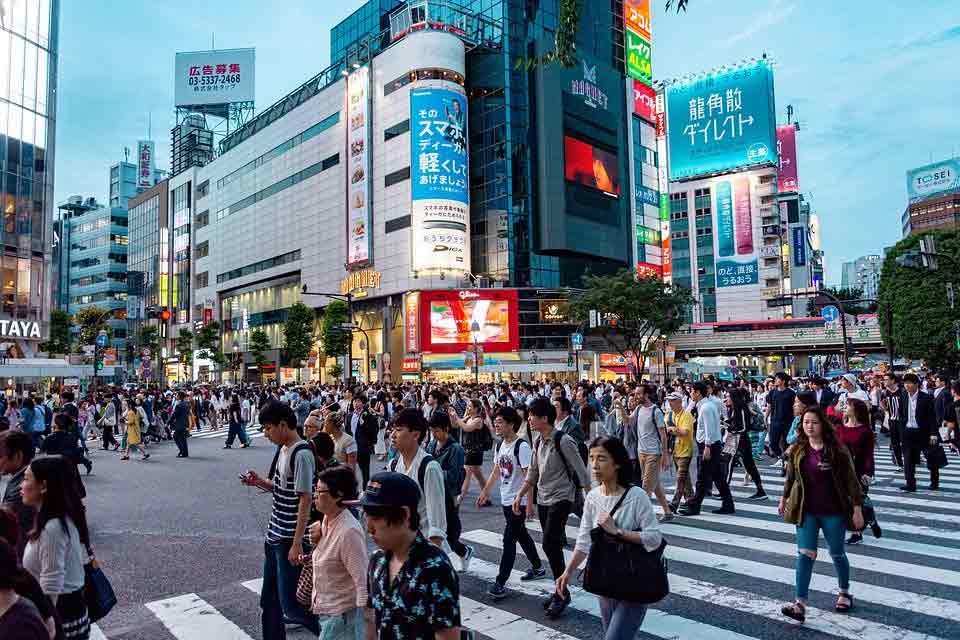
“Japanese assembly manufacturers faces difficulties in productions operations for their factories both in China and in Japan because of the staggering disruption to their supply chains, along with various restriction on people’s movements,” according to Forbes.
Nissan is suspending one of its plants in Japan for two days because the coronavirus outbreak in China has disrupted supply of automobile parts https://t.co/bvTIEJm2Ax
— Bloomberg Asia (@BloombergAsia) February 10, 2020
Last time, we talked about how Japan’s economy is facing the fastest economy shrink since 2014. We also brushed over how the coronavirus is directly affecting the economic performance for the next quarter.
In a recent article written by Forbes, the contributor Steve Banker wrote that “In the manufacturing sector, supply chain disruption affects almost every segment of the industry, most especially automotive manufacturing, which accounts for 20% of the total export value in Japan.”
Novel #coronavirus (2019-nCoV) now been reported in Wuhan, Beijing, Guangdong, Shanghai (possibly), Thailand, Japan & S Korea.
Lunar new year 25th Jan.
3 billion trips expected in China alone during Chunyun period: 2.43b by automobile, 440m by rail, 79m by air, 45m by sea. #Ah pic.twitter.com/lJS6UH556G— Barney Flower (Infectious Diseases) (@barnaby_flower) January 20, 2020
First, the automotive manufacturing is one of the industry that is being directly impacted by the economy. According to a CNBC article, the Japan’s Ministry of Economy, Trade and Industry said, ““New Coronavirus Countermeasures Automobile Council” will be information sharing and understanding of the situation as well as studying countermeasure.” The statement also pointed out that “Automakers, component manufacturers, and the government work together to ensure rapid response to the information on the industry, with a view to ensuring that measures can be taken to prepare for the possible impact of the new coronavirus on the automotive supply chain in the future.”
The center of the virus outbreak is in Wuhan China, which is one of the major production bases of the automobile industry, according to Forbes. The coronavirus has a significant impact on the auto industry in Japan, especially when it extended holiday shutdowns for auto plants in China, including Japanese manufacturers like Nissan Motor, Toyota Motor and Honda Motor.
The Forbes article listed out that “all three factories of Honda have halted operations in the city. Since many of Tier 1, Tier 2, Tier3 automotive suppliers are located around them, Honda will need to coordinate with them in order plan to resume operations. Nissan, which has one factory in Hubei Province with two factories in the adjacent Hunan Province, has also shut all its operations.”
The situation is especially difficult for the Toyota Motor Corp. Last week, the company told the Automotive News that “operations at its plants in Japan may be affected by supply chain issues linked to the new coronavirus outbreak in the coming weeks, as the global outbreak gathers pace.”
The article pointed out that “Plants may be affected by potential supply disruptions in China as some plants in the epicenter of the virus outbreak remain are unable to produce and transport goods, while some plants remain closed under orders by regional authorities.”
Japan Automobile Federation (JAF) [Regional] JAF Saitama Child seat installation inspection meeting https://t.co/uoiBh7TDKl pic.twitter.com/tJDmG0ktpb
— re-how.net (@rehownet2) March 5, 2020
On the other hand, besides the automobile manufacturers are affected by the world epidemic, the country’s robot industries are also suffering from the situation. According to the Forbes article, the robot industries like Fanuc and Yaskawa are facing a demand-side problem. Despite the fact that those companies design and manufacture their own components therefore the supply chain issues are not directly affected by the virus, the depressing demand for their products in China still put them into a financial crisis.
On the bright side, according to Japan External Trade Organization’s research, the rate resumed operation of Japanese manufacturers in Shenzhen and other provinces outside Hubei Province. Although, according to the same Forbes article, “one of the development zones in Shenzhen City, which was allowed to resume manufacturing operations on February 10, only 2,500 of about 12,000 employees of the tenant companies are so far back at work.”
Other than tourism, other industries in Japan are influenced by the virus.


